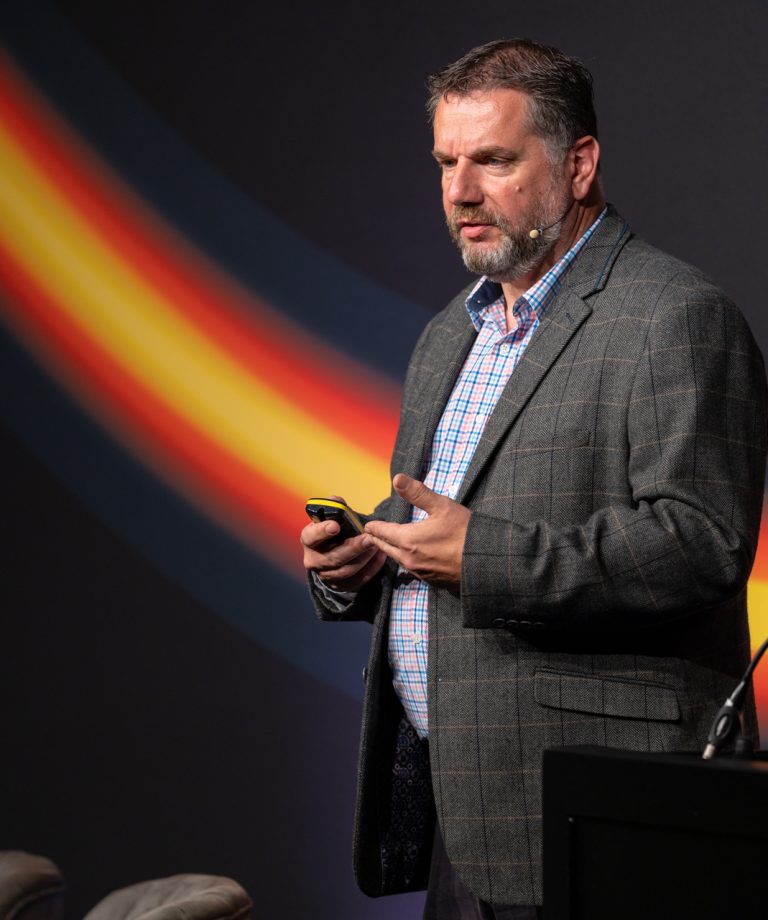September 18, 2023

As PR advisers working in the green economy, we’re as likely to be asked how to communicate an organisation’s sustainability as what it actually means.
For me, sustainability essentially is doing the right thing today, while leaving a better world tomorrow.
This objective is more important than ever, given people’s heightened feelings of fragility – of our systems, our planet, peace itself – they want partners who seek to do good and are in it for the long term.
Sustainability-focused enterprises look to protect nature and conserve natural resources. This enhances an enterprise in the eyes of customers and other stakeholders, making it easier to do business. It also improves the availability of, and lessens the strains on, resources.
Fulfilling people’s needs without compromising future generations requires a balance of targets for economic growth, environmental care and social well-being. In business, little happens without revenue (not for very long anyway), so it’s crucial to keep commercial goals to the fore.
At Sustainability Live in London, I met a mix of entrepreneurs and professionals seeking to advance the sustainability of their own or other people’s organisations, each approaching this goal from a different angle.
Talking to delegates, a big theme I picked up was data. Finding and processing information is how businesses develop and refine their offer and allocate resources. The best excel at gathering, interpreting and acting on facts to meet objectives – whether improving processes, identifying and reducing cost or increasing profits.
Sustainability needs good data. Without adequate, timely information, leaders cannot assess and measure performance. Data is also necessary to engage with and inform external audiences – customers, job applicants, investors and others – whose support is needed for progress.
Among those I talked to at the 6-7 September event were James Butcher, CEO of Supply Pilot, whose teams in the UK and USA use data to help businesses work more effectively with their suppliers – for example, ensuring planned environmental and social initiatives achieve targeted impacts across their supply chains.
Addressing an audience later, James said that while data is essential, ‘don’t let perfection get in the way of better, and ensure data is focused on impact, not just reporting’.
Tom Hicks, an account executive with Ignite Procurement, highlighted the importance of turning standalone data into actionable insights to enable the making of responsible decisions across people, planet and product. Ignite specialises in helping companies understand their supply chain emissions. Tom joined Oslo-based Ignite after a year spent as an NHS volunteer during the pandemic mixed with rock-climbing around Europe.
I also chatted with Jake Carrington, a consultant with Eden Smith Group, a search, recruitment and education company specialising in data and sustainability services. Jake’s infectious enthusiasm and communication ability have made him a great advocate for sustainability, recruitment and people.
David Nesbit, Compliance and Sustainability Manager at Penny Lane Builders, spoke of the Liverpool company’s internal and external sustainability initiatives. Both PLB and its joint venture Avela Home Service encourage and educate their employees, from field operatives and apprentices to office staff, to nurture a culture that brings real change – to deliver sustainable domestic housing projects.
Nina Harrison, Head of Partnerships at Innovation Zero, told how the low-carbon event organiser helps brands increase their market share by collaborating with like-minded groups, and how analysing market trends and data are crucial to driving growth.
My takeaways from engaging with these sustainability leaders:
If you’d like to discuss sustainability, or corporate communications, contact: [email protected] or [email protected]